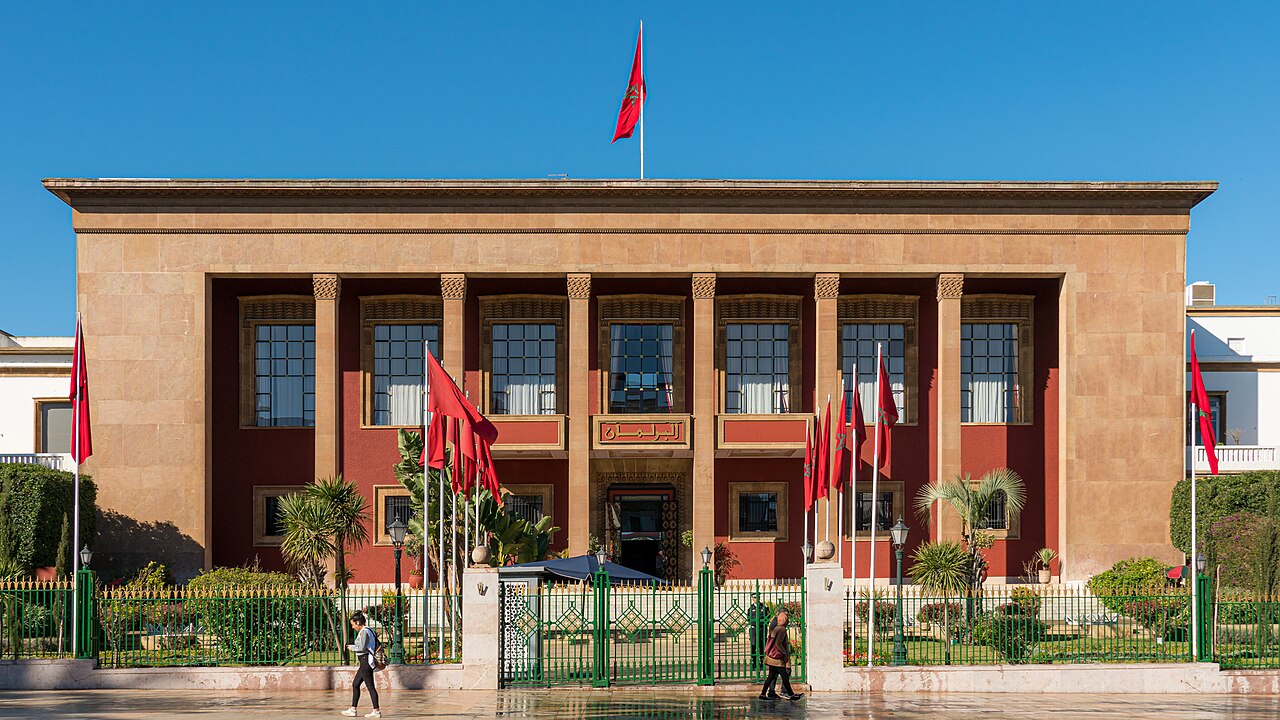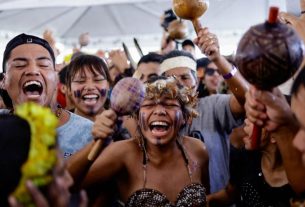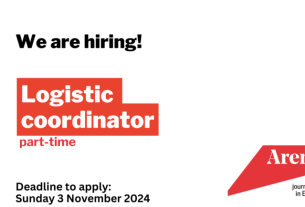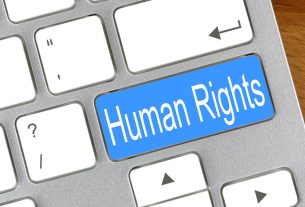On 15 October 2025, HRW issued a statement denouncing the violent dispersal of protests that have swept Morocco since late September. The demonstrations, led by the youth movement GenZ212, have called for sweeping reforms in healthcare, education, employment, and anti‑corruption measures.
According to HRW, security forces, including the Royal Gendarmerie, used water cannons, physical force, and in some cases lethal measures to disperse crowds. The organization described the response as a flagrant violation of international human rights standards, which require authorities to minimize harm and protect life.
Casualties and Arrests
- Three protesters have been killed and dozens injured since the unrest began.
- More than 400 people have been detained nationwide, with 270 facing criminal charges, including 39 minors.
- In Oujda, two young men were severely injured when struck by a security vehicle. One, 17‑year‑old Wassim Eltaibi, remains in urgent need of medical care, while 19‑year‑old Amine Boussada reportedly had his leg amputated.
Government Response
Authorities have characterized the protests as a security challenge, deploying large numbers of police and gendarmerie to restore order. Officials have not released a public accounting of casualties or announced independent investigations into the incidents.
King Mohammed VI, in recent remarks, acknowledged the unrest indirectly, calling for accelerated social and economic reforms to improve public services, create jobs, and reduce regional inequalities. However, he did not specifically address the protests or the allegations of excessive force.
Youth Movement and Demands
The GenZ212 movement, which emerged on 27 September, has staged nightly demonstrations across Moroccan cities. Its members demand:
- Greater investment in healthcare and education.
- Expanded employment opportunities for young people.
- Stronger measures against corruption and inequality.
The protests have also criticized government spending priorities, particularly funds allocated to hosting the 2030 FIFA World Cup, which demonstrators argue diverts resources from essential services.
Outlook
HRW has urged Moroccan authorities to investigate the use of lethal force, release detained protesters who engaged peacefully, and engage in dialogue with youth leaders. Rights groups warn that continued repression risks fueling instability and eroding public trust in state institutions.
In summary, Morocco’s youth‑driven protests have become a flashpoint for broader frustrations over governance and inequality. The government’s heavy‑handed response has drawn international condemnation, with calls for accountability and reform growing louder.
Excerpts from jurist.org article by Cecilia Akoko Attiogbe Atayi | U. Cape Coast Faculty of Law, GH
Sources: Human Rights Watch; Morocco World News; Devdiscourse; JURIST allAfrica.com | MSNDevdiscourseJuristHuman Rights Watch.



